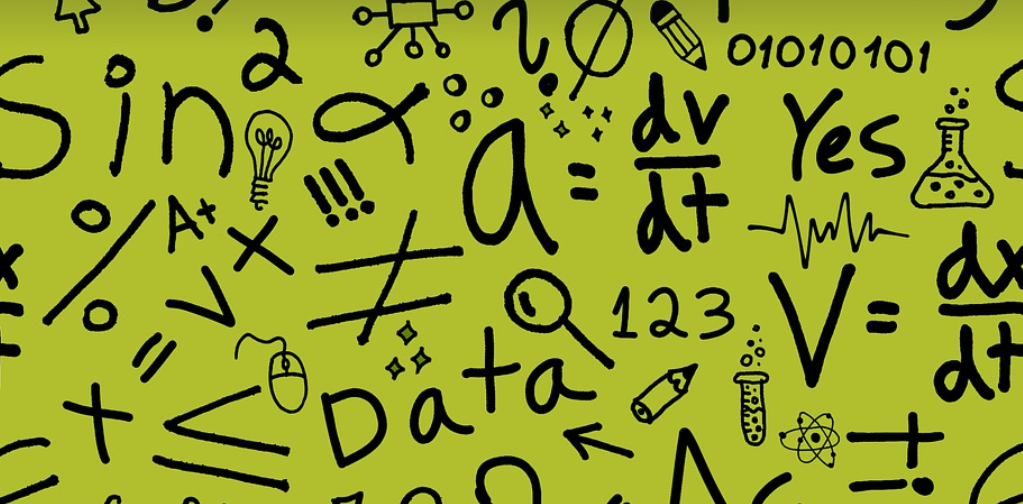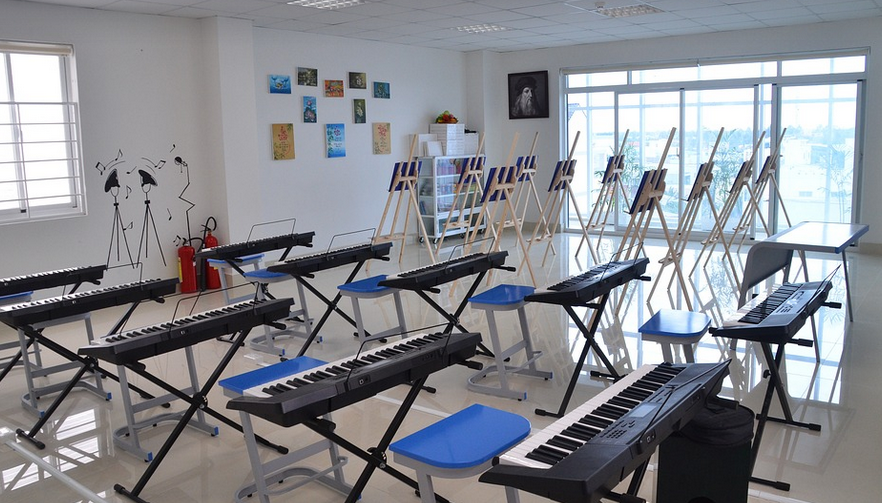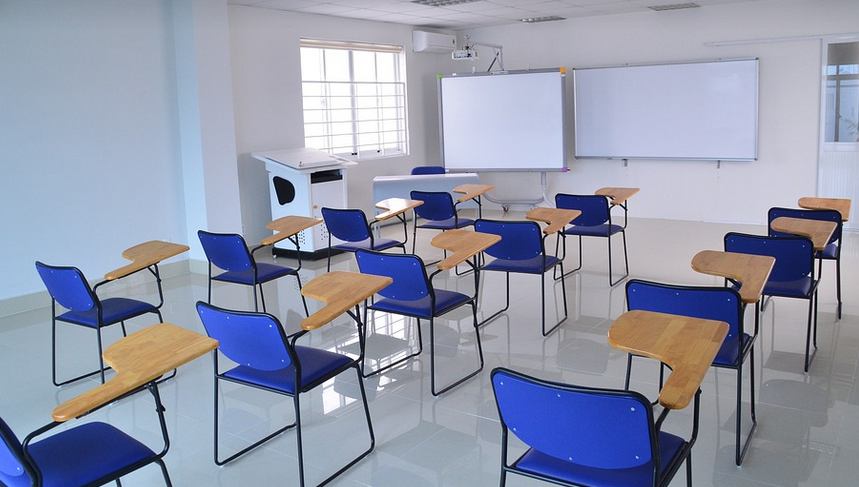
Understanding the Cycle of Poverty
Poverty isn’t just about low income; it’s a complex web of interconnected factors that make it significantly harder for people to climb out of their circumstances. These factors include lack of education and job skills, limited access to healthcare and opportunities, historical disadvantages like discrimination or systemic barriers, and unstable family structures. These challenges often create a vicious cycle where poverty perpetuates itself due to a lack of resources, access to opportunity, and support systems.
Imagine someone struggling to make ends meet while facing overwhelming odds. They find themselves trapped in a system that makes it incredibly difficult to break free from poverty’s hold. There are countless stories of people caught in this cycle, but the good news is there are tools, strategies, and opportunities available to help them navigate this challenging situation.
What Makes Bridges Out of Poverty Training Unique?
The “Bridges Out of Poverty” training model is a unique approach that offers a comprehensive understanding of how poverty works. Instead of just focusing on individual challenges, this program helps people understand the systemic factors contributing to poverty and develop skills for navigating those systems.
This program isn’t about quick fixes or superficial solutions; it’s about long-term strategies and empowerment. It offers a powerful framework for understanding how societal structures can hinder individuals and communities from achieving economic stability and autonomy. The “Bridges Out of Poverty” training empowers people with the knowledge and skills to not just survive, but thrive.
The Core Principles: A Foundation for Success
At its core, this program revolves around a set of foundational principles that guide participants through their journey to break free from poverty’s grip. These principles provide a solid base upon which individuals can build their own paths towards success and financial independence.
One important principle is “Seeing Poverty Through the Eyes of Others”. Participants learn to step outside of their own experiences and see the world from the perspective of those living in poverty, allowing for empathetic understanding and greater compassion. By fostering this understanding, participants can better connect with individuals facing similar challenges.
Bridging the Gap: Skills for Success
Beyond understanding the complexities of poverty, “Bridges Out of Poverty” training equips individuals with practical skills that empower them to take control of their lives and build a stronger future. These skills are crucial in developing sustainable solutions and tackling the challenges inherent in poverty.
Participants learn how to: Develop Effective Communication Skills to Effectively Communicate with Employers, navigate challenging situations, and advocate for their needs. They also acquire valuable Financial Literacy skills to manage their finances effectively, invest wisely, and build wealth over time.
The Power of Community: Building a Support System
While individual efforts are important, they’re often amplified by the power of community. “Bridges Out of Poverty” training emphasizes the vital role of social connections in overcoming poverty. Participants gain a deeper understanding of community resources and networks that can provide support, guidance, and mentorship. They learn how to build stronger relationships with peers and communities to foster collaborative solutions for achieving long-term success.
Empowering Change: From Individual to Systemic
“Bridges Out of Poverty” training goes beyond just helping individuals make individual strides; it also promotes a broader understanding of systemic change. Participants learn about the impact of social and economic policies on communities in poverty, giving them the tools to advocate for meaningful and sustainable changes. They gain an appreciation for how collective action can create lasting solutions.
The program equips individuals with the knowledge and skills needed to participate in their communities’ efforts to change systemic injustices. This empowers them to become agents of positive change, not just passive recipients of aid or assistance.
Investing in People, Investing in Society
Ultimately, “Bridges Out of Poverty” training is about investing in people. By empowering individuals with knowledge and skills, we invest in a better future for our communities. It’s about fostering self-sufficiency, social mobility, and economic justice – ultimately contributing to a more equitable society.
The benefits extend far beyond individual success; they ripple outward, creating a positive impact on the community as a whole.





